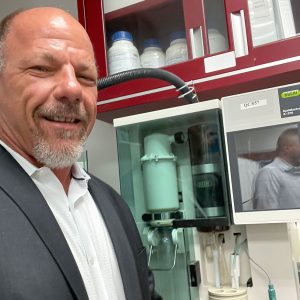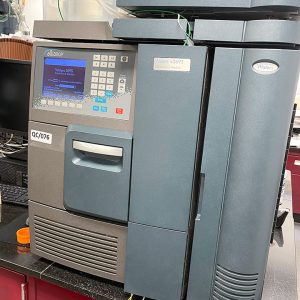
Label Claim Potency Testing
- Label claim testing is no longer an option; rather it has become the law. All finished products are tested for potency to verify the label claim, ensuring the appropriate strength of each batch.
- Primary label requirements include: statement of identity, quantity of contents, a supplement facts panel, an ingredient list, name and address information for adverse event reporting, and a disclosure statement declaring the product has not been evaluated by FDA.
- Any claim made about a dietary ingredient requires it to be listed on the facts panel with an amount per serving and reference daily intakes (RDI).

Certificate of Analysis
- The COA contains a quantitative analytical result that supports the concentration of active ingredients stated on the supplement product label.
- A COA is provided for every lot/batch that is manufactured and packaged.
- A COA is a key component of the manufacturing process and it assures that the ingredients meet all QC/QA Standards.

Heavy Metal Testing
- Heavy Metal Testing is a very important test, as many metals are part of the environment and may been in certain foods and ingredients.
- All botanical and fish oil products are tested for lead, mercury, cadmium, and arsenic.
- Certain minerals and other vulnerable materials are also tested for lead.

Third-Party Independent Testing
- What is third-party testing? Third-party testing is when a company sends its product to an outside, unbiased lab for testing to see if it meets the standards of the company, and to ensure that what is on the label is actually inside the product.
- Third-Party independent testing occurs after a supplement is manufactured. It is sent to an independent testing company which tests the finished supplement for label accuracy and purity.
- Third party testing is especially important for Omega 3 Fish Oils, CBD, and all Protein Powders.


